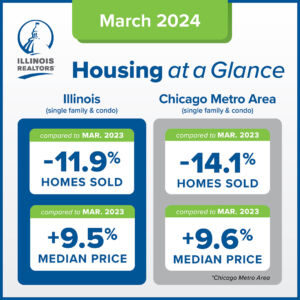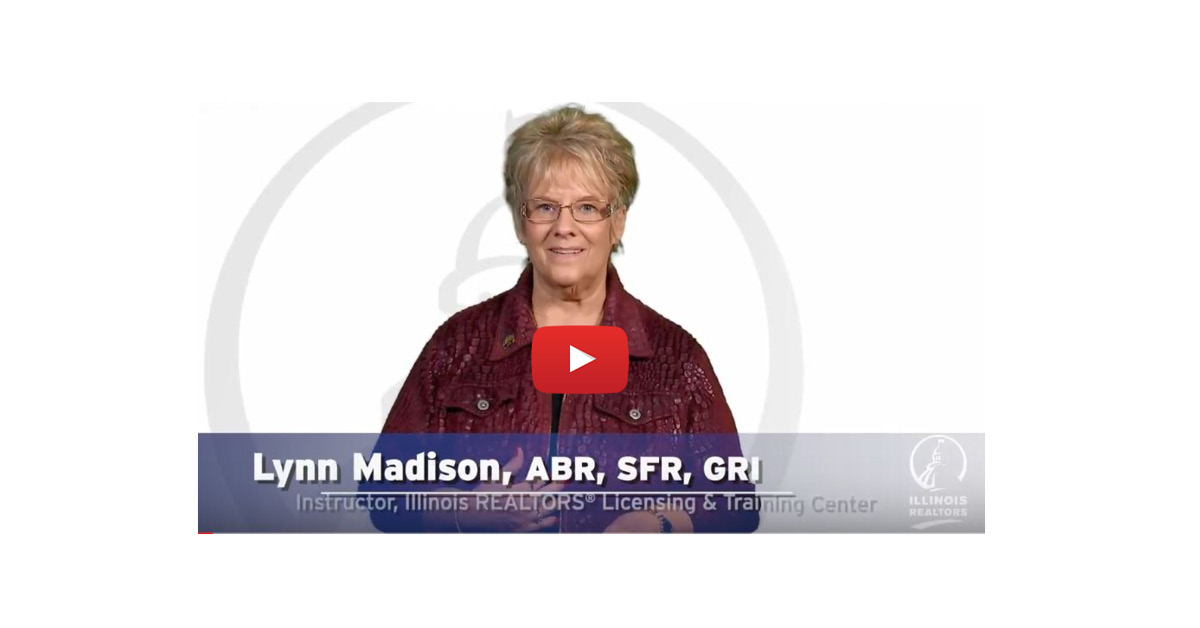Amid the scramble to get legislation passed before the end of the Illinois General Assembly’s 2014 Spring Session, lawmakers approved changes to real estate-related acts that were important for REALTORS®.

IAR Director of Governmental Affairs Greg St. Aubin works late on Friday, May 30, 2014, as the General Assembly prepares to close out its Spring Session. IAR was working to boost support late Friday of changes to law protecting REALTORS® right to do Broker Price Opinions.
The changes regarding Broker Price Opinions (SB3044) were unanimously approved by 109 votes in the House and by 56 votes in the Senate. It now moves on to Gov. Pat Quinn for consideration.
The final Senate vote took place just before 10 p.m. Friday, May 30.
At issue: Making sure REALTORS® can provide customers with a basic market analysis on properties as part of the normal course of handling real estate transactions. Because providing property pricing guidance is fundamental to the real estate business, IAR’s members pushed for changes that would protect this valuable business service.
The changes include:
- Adding a definition of broker price opinion and comparative market analysis to the Real Estate Appraiser Licensing Act of 2002. Lawmakers also clarified what an appraisal report is. Definitions were clarified in the Real Estate Licensing Act of 2000, as well.
- Provides that the Appraiser Act does not apply to a person who holds a valid license as a real estate broker or managing broker under RELA who prepares or provides a broker price opinion or comparative market analysis.
The chief House sponsor for the bill was Rep. Rob Rita, D-Blue Island.
The bill’s passage was one of two notable victories on Friday.
As lawmakers debated at the Illinois Capitol, state Fire Marshal Larry Matkaitis released a letter promising to work with those concerned about mandated implementation of fire sprinkler systems.
The issue had become contentious when he raised the issue in 2013, and lawmakers were considering a measure that would force any such changes to go before the full House and Senate, rather than through an administrative rules process.




 Create professional development programs that help REALTORS® strengthen their businesses.
Create professional development programs that help REALTORS® strengthen their businesses.
 Protect private property rights and promote the value of REALTORS®.
Protect private property rights and promote the value of REALTORS®.
 Advance ethics enforcement programs that increase REALTOR® professionalism.
Advance ethics enforcement programs that increase REALTOR® professionalism.
 Protect REALTORS® by providing legal guidance and education.
Protect REALTORS® by providing legal guidance and education. Stay current on industry issues with daily news from Illinois REALTORS®, network with other professionals, attend a seminar, and keep up with industry trends through events throughout the year.
Stay current on industry issues with daily news from Illinois REALTORS®, network with other professionals, attend a seminar, and keep up with industry trends through events throughout the year.






